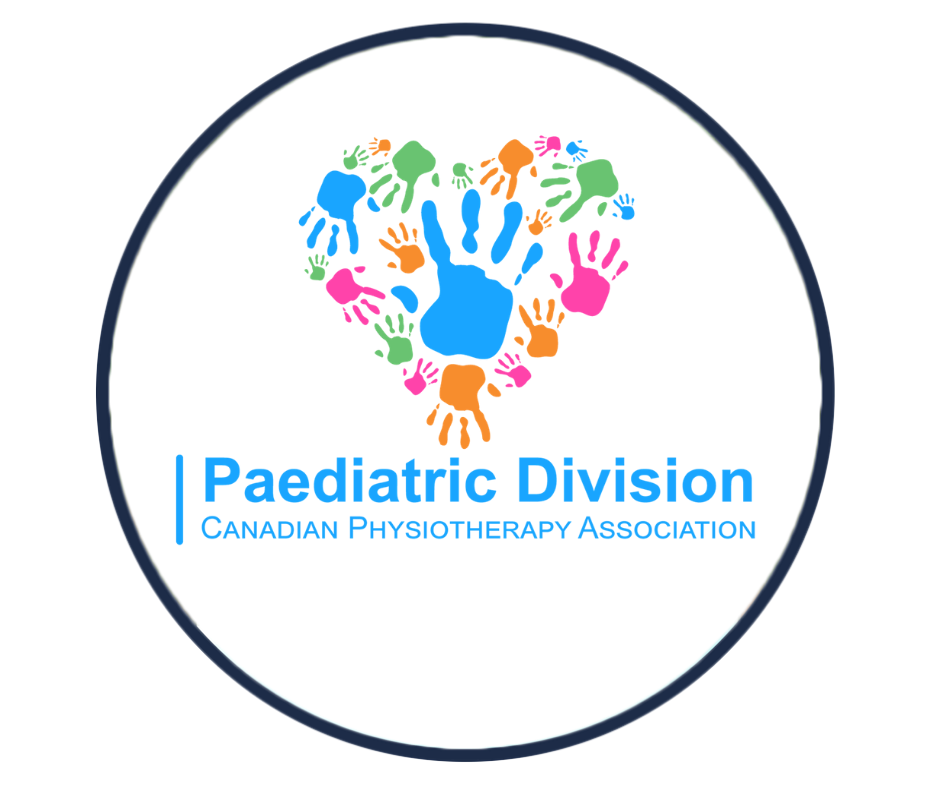TheraTogs Systems: Foundations in Science

TheraTogs Systems: Foundations in Science
This course includes
The instructors
Overview
In this online paediatric physiotherapy course, you will develop an understanding of how and why the TheraTogs Posture & Torso Alignment system is used. A basic understanding of the biomechanical principles and management techniques of this therapeutic intervention are discussed.
Presenter
Beverly (Billi) Cusick PT, NDT, MS, COF is an internationally-known pediatric physical therapist whose specialty is the management of lower extremity deformity, particularly in children with Cerebral Palsy, hypotonia, orthopedic malalignments, and other CNS defects. She is known particularly for her passion, her diligence in bringing current developments in the rehabilitation sciences, her methods for obtaining and using precise and relevant patient observations, and for sharing informed and effective management strategies.
After 5 years of R&D, her company, Progressive GaitWays, launched her invention, TheraTogs, in 2002. She and her spouse, Lee Taylor, co-founded TheraTogs, Inc. in 2006.
Ms. Cusick received her BS in PT from Bouve College at Northeastern University (Boston) and her MS in Clinical and College Teaching for Allied Health Professionals from the University of Kentucky in Lexington. She remains on call as an Associate Professor for the Rocky Mountain University of Health Professions - Pediatrics Program - Provo, Utah, and is NDT basic-and baby-trained.
Ms. Cusick worked for 9 years on staff at Children's Rehabilitation Center (now the Kluge Center) in Charlottesville, VA. She then taught pediatrics-related courses for 3 years as a member of the PT Education faculty of the College of Health-Related Professions at MUSC in Charleston, SC. In Charleston, she also initiated and directed PT services for the Division of Developmental Disabilities at the Medical University of South Carolina.
Since 1977 she has written and co-authored numerous publications - texts, journal articles, and chapters, and has conducted more than 400 courses, keynote lectures, and guest presentations all over the world.
Since 1993, Billi has been consulting and practicing privately in Telluride, Colorado, where she devotes most of her professional effort to generating literature and educational materials, to teaching, and to developing therapeutic products, including new TheraTogs systems.
The instructors


The Paediatric Division is a special interest group within the Canadian Physiotherapy Association. Our membership consists of clinicians from all practice settings, students, educators, researchers, physiotherapy assistants and administrators all of whom have a passion for promoting participation and enhancing the lives of children and their families. We are dedicated to provide resources and information for paediatric patients and their families to promote participation and function independence in all aspects of life.
Paediatric physiotherapists employ clinical expertise in the early detection of health problems, treatment, education and management of congenital, developmental, neuromuscular, skeletal, cardiorespiratory or acquired disorders/diseases. Paediatric physiotherapists work with children of all ages, from infants through young adulthood to promote participation and functional independence. Paediatric physiotherapists have a unique role in that they not only work with the child, but also their families in the context of their daily home, school and recreational environment.
Paediatric physiotherapists use validated outcome measures to assess the level of strength, flexibility, gross-, and fine-motor coordination and overall functional capabilities to determine participation limitations or restrictions as a result of injury, disease or disability.
Through analysis of objective assessment findings, the paediatric physiotherapist uses evidence-based treatment interventions specifically tailored to the client and their family's goals. Treatment interventions focus on improving gross and fine motor skills, balance and coordination, strength and endurance, as well as cognitive and sensory processing/integration.
Material included in this course
-
TheraTogs Systems: Foundations in Science
-
Welcome
-
Introduction and Background
-
Neuromusculoskeletal System Science
-
Hypothesis
-
Clinical Examples
-
On TheraTogs Research
-
Questions
-
Feedback